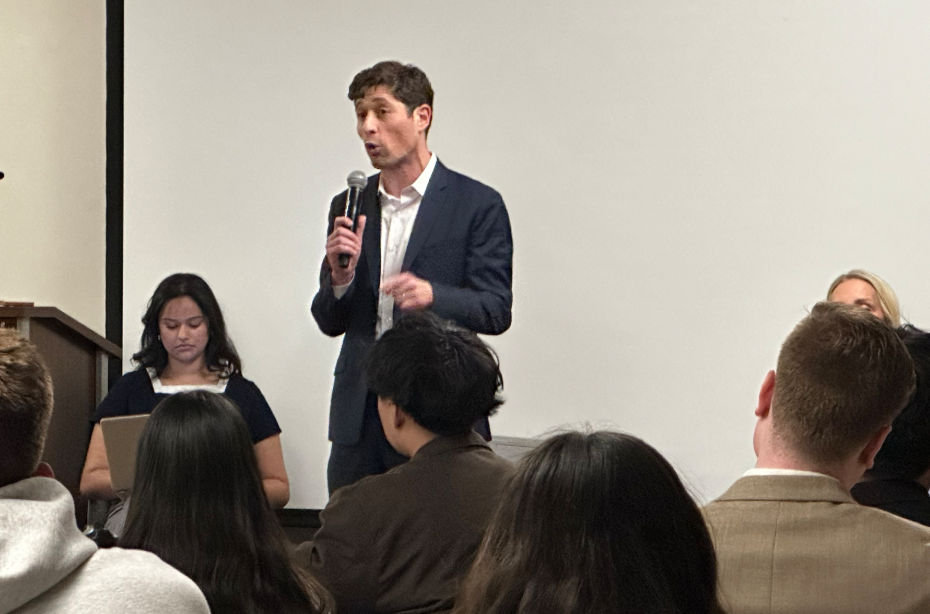Following recent national trends pushing for diversity in higher education materials, a University of Minnesota professor hopes more will utilize her website that tracks the diversity of professors’ syllabuses.
The website, called the Gender Balance Assessment Tool, allows professors to check the gender and race balance of authors listed in their syllabuses. The push to make syllabuses more diverse is part of an increase in programs that work to make fields more inclusive, including a database launched by the Brookings Institution in May that compiles female technology experts.
Jane Sumner, a University political science professor, created the Gender Balance Assessment Tool. “The basic idea is that a lot of people were interested in the idea of having syllabuses that were more diverse in terms of who the authors were,” she said.
Sumner said she hopes professors will use the tool to help diversify their syllabuses when preparing for the upcoming academic year.
The website, created in 2016, generates an estimate of a syllabus’ racial and gender makeup using a probability algorithm, making it easier and faster for professors to diversify their course content.
Elmira Bayrasli, co-founder of Foreign Policy Interrupted, an organization that works to promote and train women in the foreign policy field, said “numerous” organizations are also focused on increasing awareness of women in institutional environments.
Sumner said her interest in the topic was sparked in graduate school when she noticed white males authored much of the material on her class syllabuses. Diversifying syllabuses is important because it makes varied perspectives accessible, Sumner said.
Incorporating diversity in syllabuses can be difficult because of professors’ heavy workloads and time constraints, she said, adding that some professors may not change syllabuses because they do not know about syllabus diversity.
The issue has sparked conversation across numerous academic fields.
Materials authored by women and minorities can provide students with a well-rounded education, said Lorena Muñoz, Gender, Women and Sexuality Studies associate professor.
The push for diversity does not mean the eradication of well-known material authored by white males, Muñoz said.
Samara Klar, assistant professor of political science at the University of Arizona, said it’s important all groups are equally represented in content “because anything else would indicate systemic bias.”
Klar is an editorial board member for Women Also Know Stuff, a database of political science research exclusively authored by women that is a partner on Sumner’s project.
“So much burden is placed on minorities to work extra hard to get noticed, but what we really need to emphasize is that it is everyone’s benefit to cite a diversity of work,” Klar said.
Sumner said she recommends professors pursue additional material written by minorities, as well as including them in an additional reading list.







